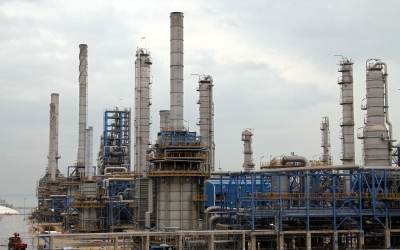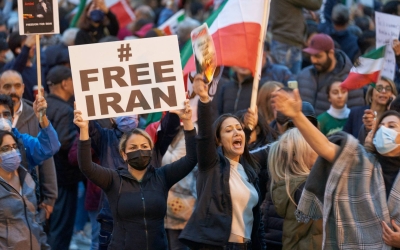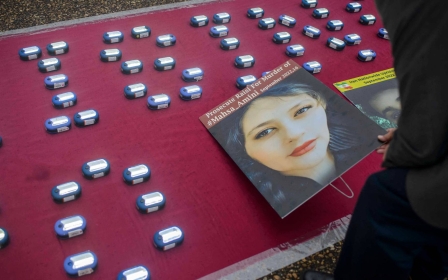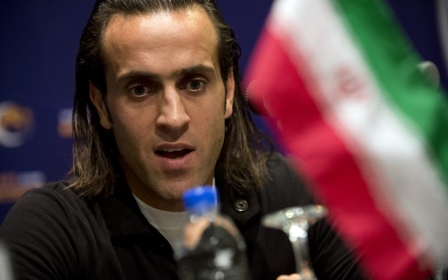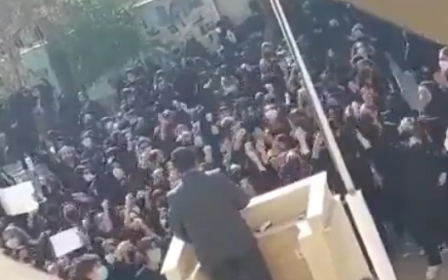Iranian American citizen released after six years of captivity
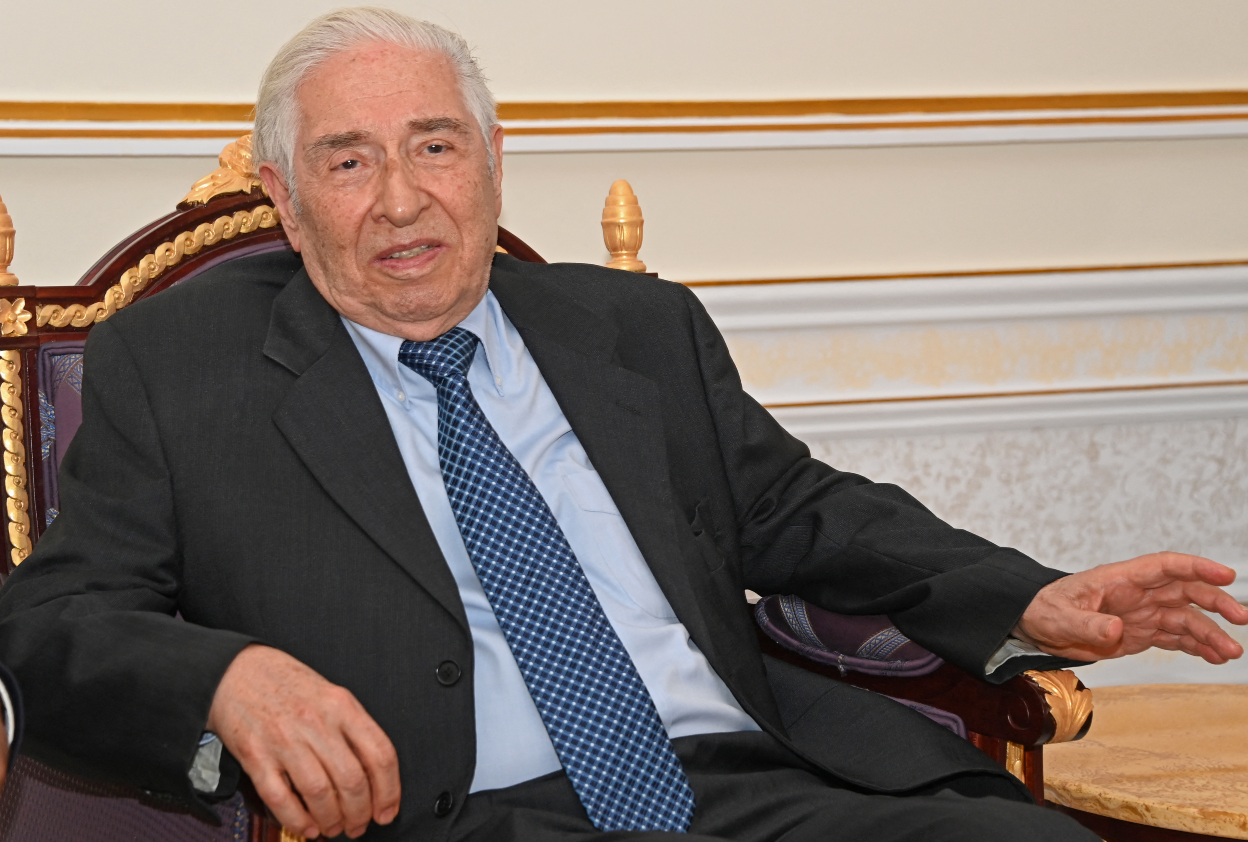
An 85-year-old Iranian-American arrested in Tehran more than six years ago who is seeking urgent medical treatment has landed in Abu Dhabi, the State Department said Wednesday, with the United States pressing for the release of three other citizens.
Baquer Namazi, a former Unicef official, was detained in February 2016 when he travelled to Iran to press for the release of his son, Siamak, who had been arrested the previous October.
Namazi "is now in Abu Dhabi after departing Iran for Muscat; he has been reunited with his family and will soon receive urgently needed medical treatment", US Secretary of State Antony Blinken said in a statement.
Another son, Babak Namazi, said in a statement ahead of the reunion that it was "impossible to articulate and describe sufficiently how I am feeling. I am just so grateful that after so long, I will shortly be able to embrace my father again".
But he called the release "bittersweet", noting that his brother and two other Americans remained detained.
"Our nightmare will not be over until our entire family and the other Americans are reunited with their families," he said.
Namazi will receive treatment for a life-threatening blockage in his left carotid artery, at a branch of the Cleveland Clinic in Abu Dhabi. He underwent a similar operation for the right artery a year ago in Iran after he was not permitted to leave the country.
His son, Siamak, has been granted furlough to spend time with family but has not been allowed to leave Iran.
Blinken expressed his "gratitude for all of the friends and partners who helped bring about his freedom".
But he added that the United States' work was "far from finished", and that Washington remained "committed to securing the freedom of all remaining wrongfully detained US citizens in Iran and around the world".
'Categorically false'
The United States has been pressing for the release of the Namazis and two other Americans amid efforts to revive the nuclear deal between Iran and major powers.
The signing of the original deal in 2015 was accompanied by the release of detained Americans, and Namazi's departure has been seen in Iran as a move that should be reciprocated.
"With the finalisation of negotiations between Iran and the United States to release the prisoners of both countries, $7 billion of Iran's blocked resources will be released," state news agency IRNA reported.
The State Department has described Tehran's assertion as "categorically false", and said there were no plans to release money in return for the Namazis.
Billions of dollars in Iranian funds have been frozen in a number of countries - notably China, South Korea and Japan - since the United States reimposed sanctions in 2018.
The release follows a rollout of new sanctions against the Islamic Republic as it cracks down on major protests triggered by the death in custody of Mahsa Amini, a young woman arrested for allegedly violating the country's law requiring women to cover their hair with a hijab, or headscarf.
Iran and the US have engaged in indirect talks to revive the nuclear accord since April last year.
Washington unilaterally withdrew from the pact in 2018 under former President Donald Trump. Iran reacted by backtracking on its obligations under the deal and began enriching uranium.
The Namazis were both convicted of espionage in October 2016 and sentenced to 10 years in prison. Both have denied the charges, with the younger Namazi saying he came under suspicion for his associations with US think-tanks.
Baquer Namazi was released on medical leave in 2018 and had been serving his sentence under house arrest.
At least two other American citizens are held in Iran. Businessman Emad Sharqi was sentenced last year to 10 years in prison for espionage, and environmentalist Morad Tahbaz, who is also a British national, was arrested in 2018 and released on bail in July.
Middle East Eye propose une couverture et une analyse indépendantes et incomparables du Moyen-Orient, de l’Afrique du Nord et d’autres régions du monde. Pour en savoir plus sur la reprise de ce contenu et les frais qui s’appliquent, veuillez remplir ce formulaire [en anglais]. Pour en savoir plus sur MEE, cliquez ici [en anglais].


